Eight years on, I still try to be a gentle consumer, and while I have accumulated a good deal more 'stuff', it is mostly stuff that is in service to the Wild Garden, this wee business here that I have created to support my playing-in-the fields-and-forests habit. Oh and I still don't use toilet paper, in case you're wondering. (Now I realise for some that may sound weird or gross. But look. A daily, warm & soapy water wash around the backside, dried off with a soft square of cotton, is much more refreshing than just smearing things around back there with scratchy paper IMHO. [Sorry for bringing poop into this, but I'm an herbalist now. It's what we do! Anyway...]) So but, yeah "increasing my self-sufficiency and resiliency, staying debt free, and preparing for a climate changed, resource depleted world, in uncertain economic times" is still my main MO and at the heart of how I live.
All of that is to say, I have been thinking about the weather a lot lately. But not in a small-talk-with-the-neighbour kind of way, more like a holy-crap-what-is-going-on!? kind of way. Parts of Ontario are under a moderate to severe drought warning. Toronto has had 100 of the driest days on record and Ottawa has had half the amount of rainfall we'd normally have. Since May we have had 27 days with temperatures above 30 degrees. Farmers are struggling with their crops, especially corn, and consumers will likely see an increase in food costs as a result of the drought. In the fields and forests I see signs of water stress all around. Some trees are dropping their fruits and nuts early in order to conserve resources. All around many plants are wilted, with leaves curled up and crispy. The window for many wild harvests has contracted to a few brief days as plants try to reproduce as quickly as possible under stress. Some plants, like the water-loving boneset, I simply am unable to gather.
Sorry to harsh your mellow folks, but these are the things that keep me up at night, and remind me of why I do what I do.
Last week in my Young Herbalist's Apprenticeship program, the kids and I retreated indoors into the relative coolth of my un-air conditioned farmhouse to watch this really fascinating documentary about plants. It is an amazing look at plant behaviour and communication that kind of blows my mind. What I love so much about what scientists are discovering, is that, while there are plenty examples of competition and even chemical warfare in the plant world, there are also many instances of plant cooperation. Like the wild lupines which release chemicals that not only protect themselves but other neighbouring plants.
Scientists are now learning that killer competition between plants is actually not the dominant form of social interaction. Plant evolutionary ecologist Dr. Susan Dudley has conducted scientific experiments that show how plants exhibit a kind of kin recognition, once thought to be a behaviour limited to animals. In response to recognising a relative, plants will allocate resources in a more balanced, less competitive way. In British Columbia, scientist Dr. Suzanne Simard has conducted tests with Douglas fir trees that defies the evolutionary theory of competition. In the documentary she says of the trees she studies, "We think of them as individuals that are just competing against each other...and we've long ignored a lot of the other interactions other than competition...there is a community effect that we haven't understood...they are part of system working together to make the whole thing work." And as it turns out, that community is connected underground by mycelium, a vast network of fungal organsims. These mycorrhizal associations connect the Douglas fir trees into a large, resource sharing community. Most amazingly, more resources are allocated to the youngest, most vulnerable trees in the community. Dr. Simard again: "They are really being nurtured and grown up as a community, as a family almost. And it's those relationships that really build the forest." Some researchers are even going so far as to call this behaviour altruism.
There was a period during my year of 'unstuffing' where I became quite depressed and the magnitude of all that I was learning about was just too much to bear. Thankfully, right around that time I also began learning about permaculture and I became hopeful again. Here was a "creative design process based on whole-systems thinking informed by ethics and design principles....that mimics the patterns and relationships we can find in nature." Permaculture struck me then, as it still does now, as an incredibly elegant and intuitive solution to so many of the issues we face today. I went on to get my Permaculture Design Certificate and I try to incorporate the ethics and principles of permaculture into just about every aspect of my life, as much as possible. So when my wonderful permaculture teachers asked me if I would be willing to participate in an Ottawa Permaculture Tour, of course I said 'yes'!

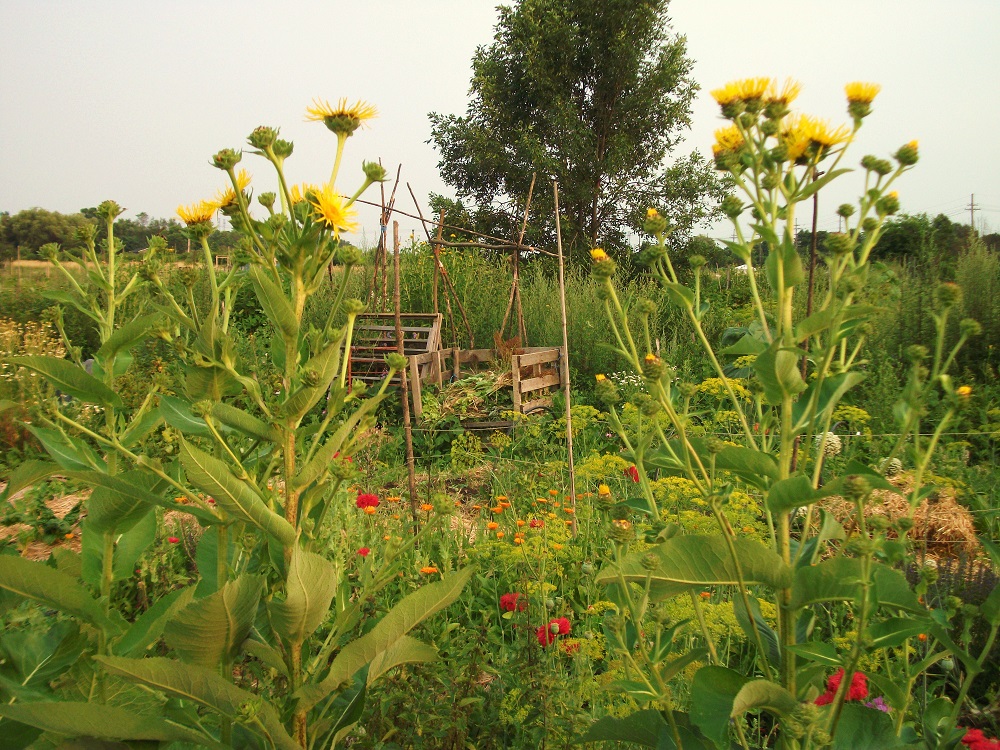
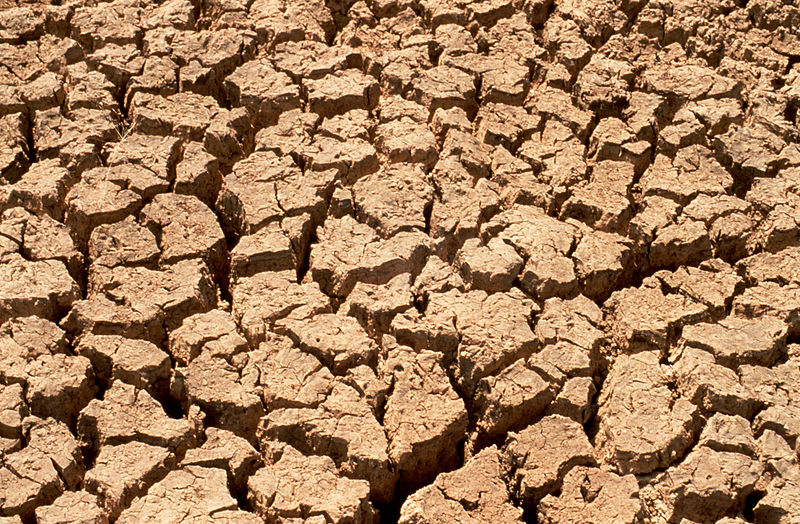
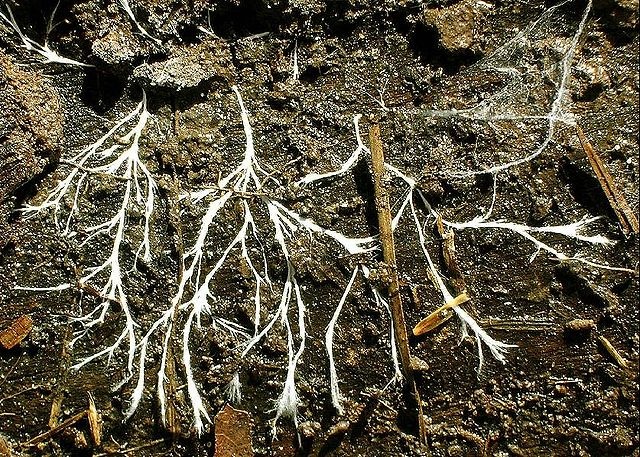
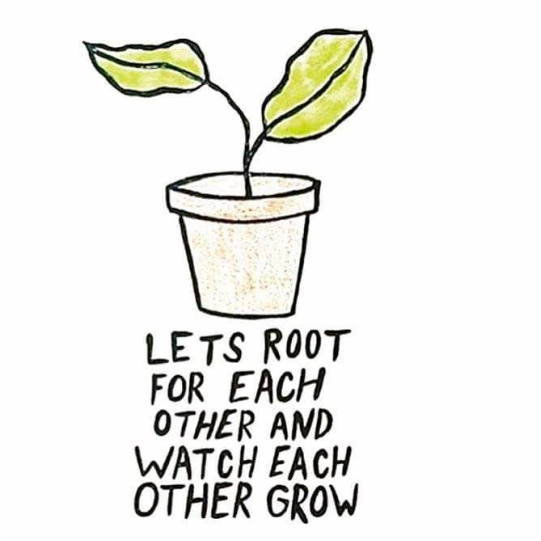
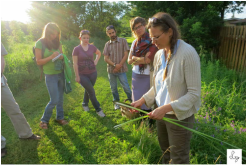
 RSS Feed
RSS Feed